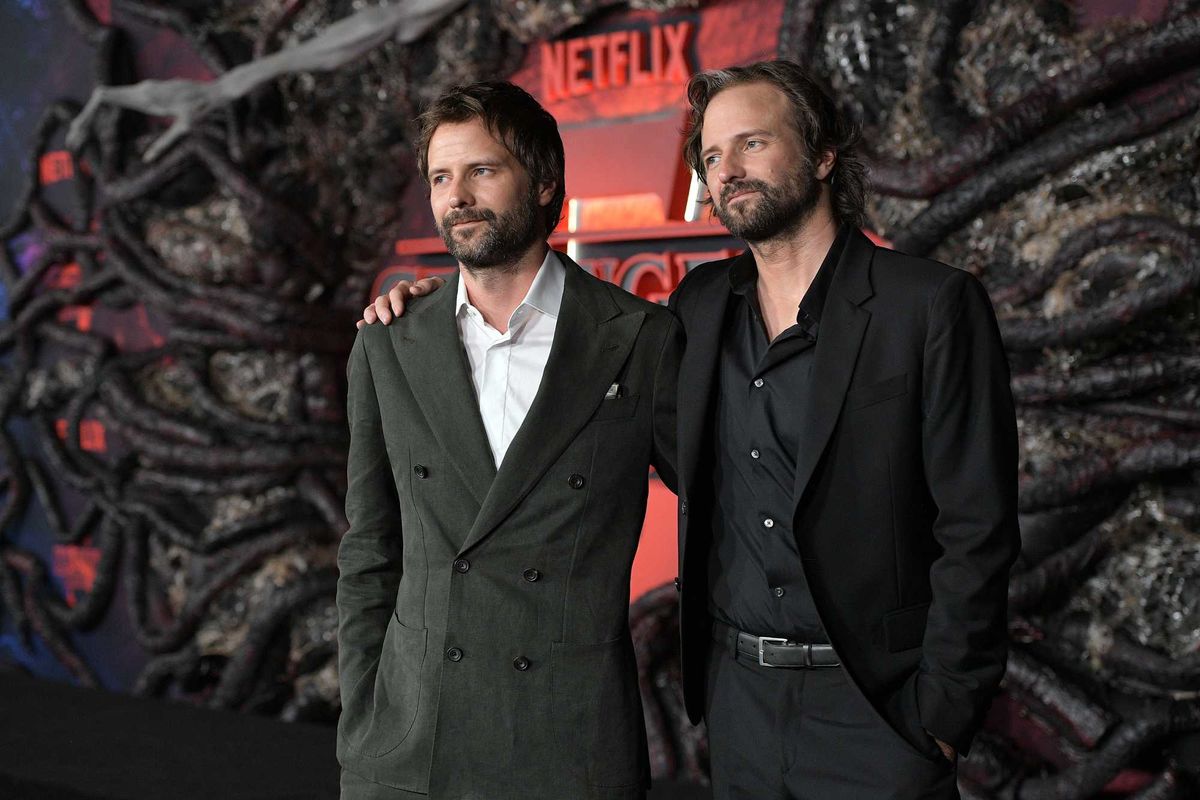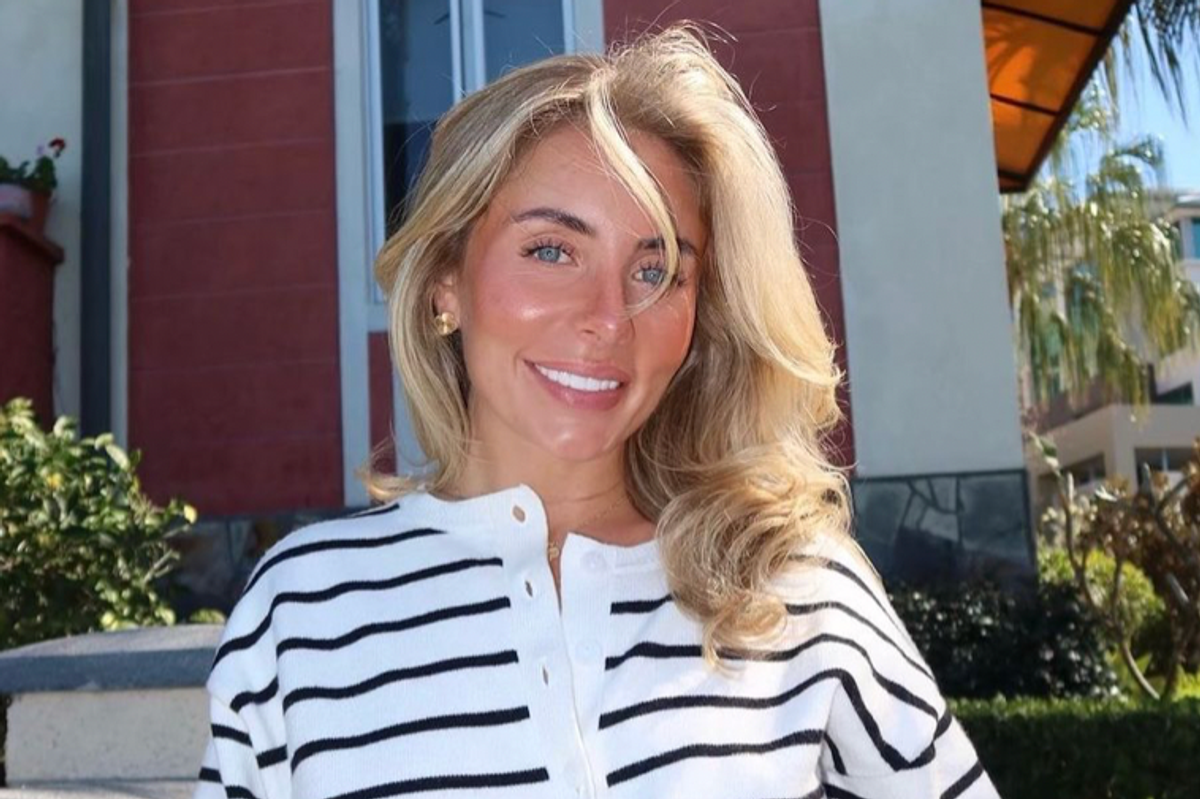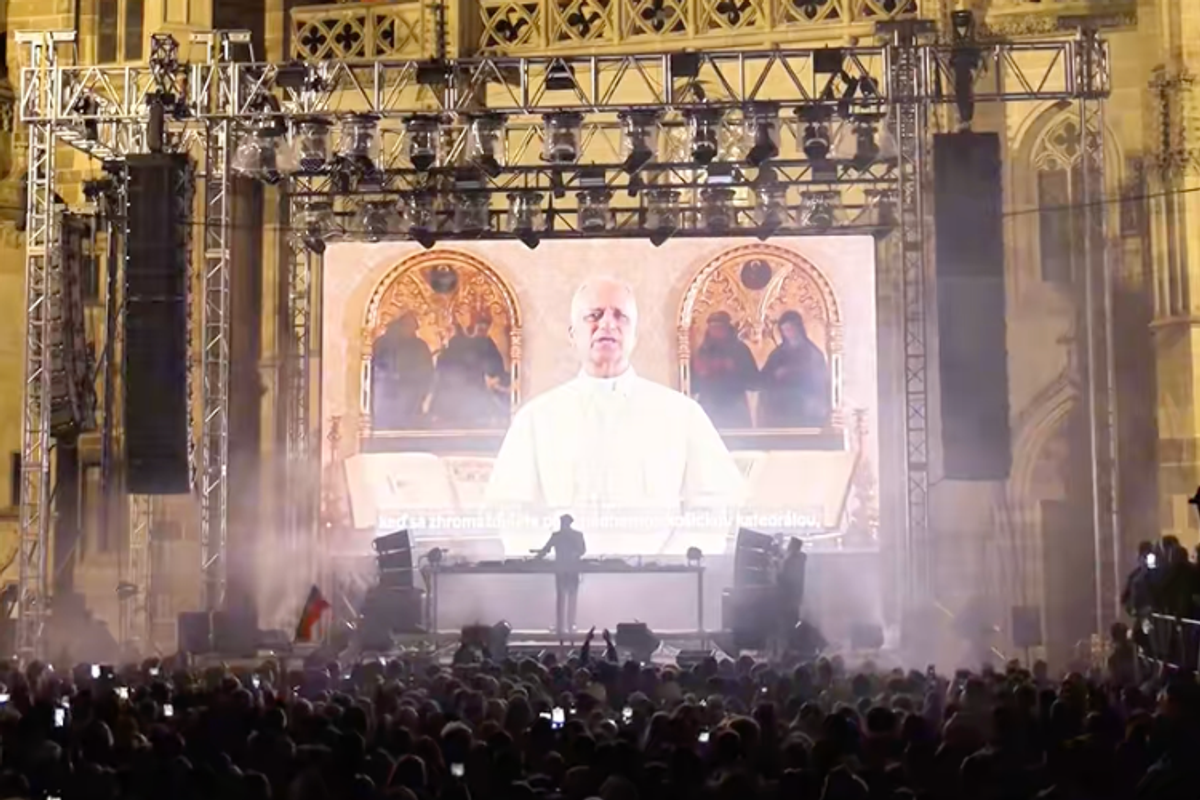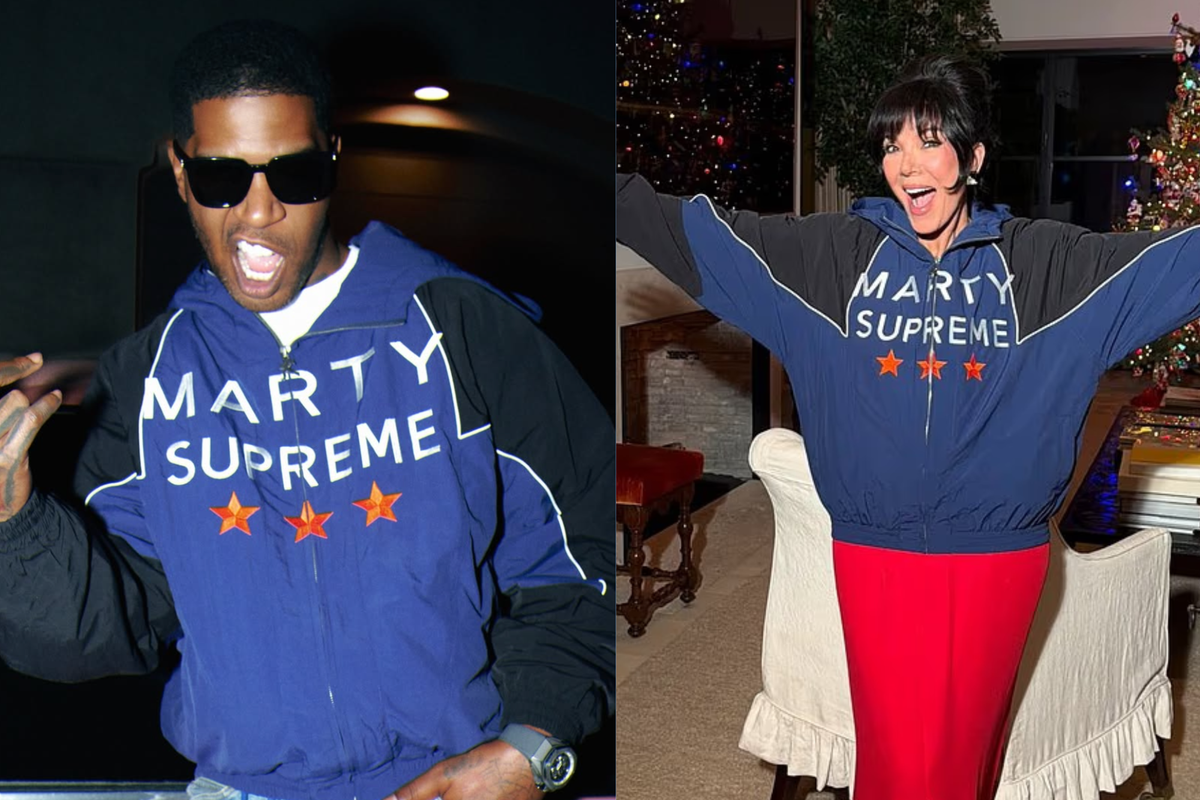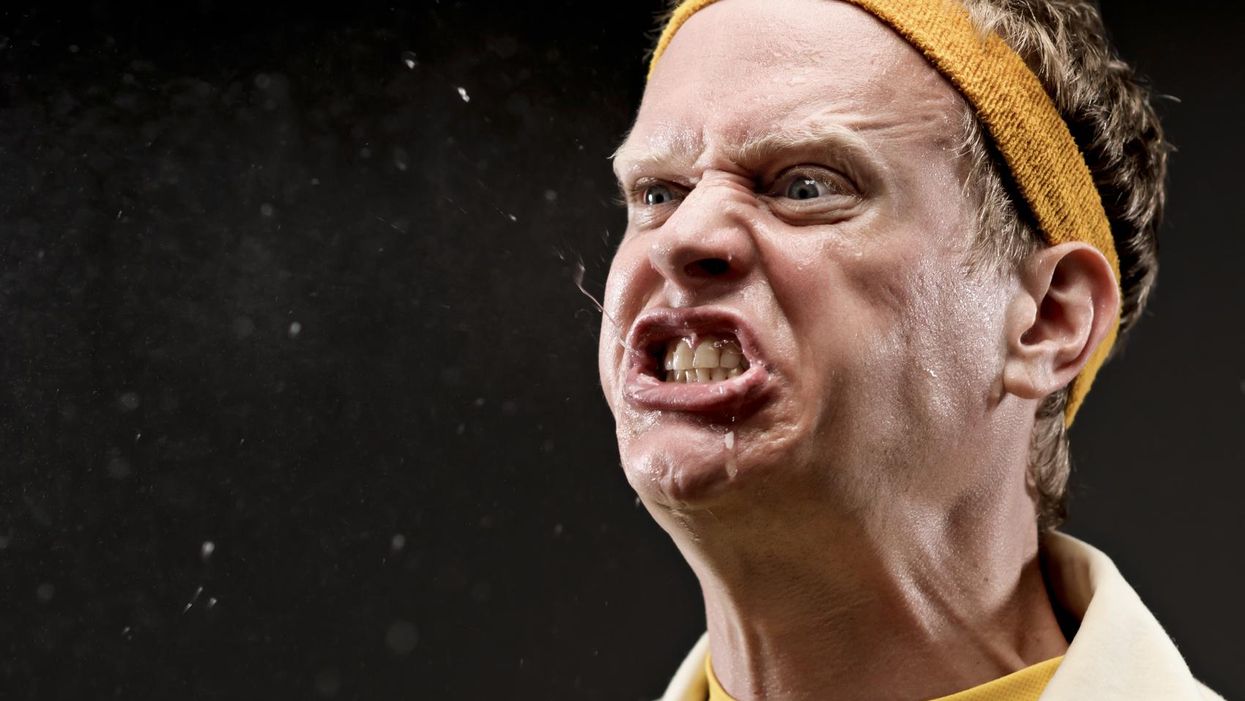
The old adage goes that the US and the UK are 'divided by a common language', but swearing brings people together. For the most part.
A recent study by Ofcom, the TV regulator in the UK, found the words that the British people find most offensive.
In the US the airwaves are monitored and regulated by the Federal Communications Commission (FCC), an independent agency.
This is the FCC's own definition of profanity:
Profane content includes "grossly offensive" language that is considered a public nuisance.
A public nuicance? Really?
In the US there is no official watershed period, but a 'safe harbour' exists between 10pm and 6am, in which it is presumed children under the age of 17 will not be watching television or listening to radio.
During these hours the FCC does not take action on indecent material broadcast.
Technically the FCC does not have a list of 'banned' words.
According to the commission's website, the FCC determines what is obscene or pornographic using a judgement made by the US Supreme Court in 1964. In his opinion on the case Justice Stewart Potter wrote of obscenity and pornography: "I know it when I see it."
In recent years certain words have appeared outside of the 'safe harbour' hours, which once would have been considered too rude. These include:
- Crap
- Hell
- Damn it
Yet even with the 'safe harbour', and these softer terms, networks will often limit the number of swear words used, in order to appease the companies which advertise on the network.
During a Q&A in 2011, the creator of Mad Men, Matthew Weiner, stated that AMC had rules for the frequency of profanities on the show.
I’m allowed three 'sh**s' a show. I can say ‘Jesus,’ I can say ‘Christ,’ but I can’t say ‘Jesus Christ’ unless he’s actually there.
Race
This weekend Saturday Night Live and the FCC received numerous complaints when comedian Michael Che said the word 'n***er' during the 'Weekend Update' section of the programme.
Unlike the older, more conservative minded complainants who object to sexual innuendo and smut, terms such as 'n***er' and other racial slurs upset young people the most.
In 2015 the Pew Research Centre found that 40 per cent of Americans aged 18-24 were in favour of censorsing language deemed offensive to ethnic minorities.
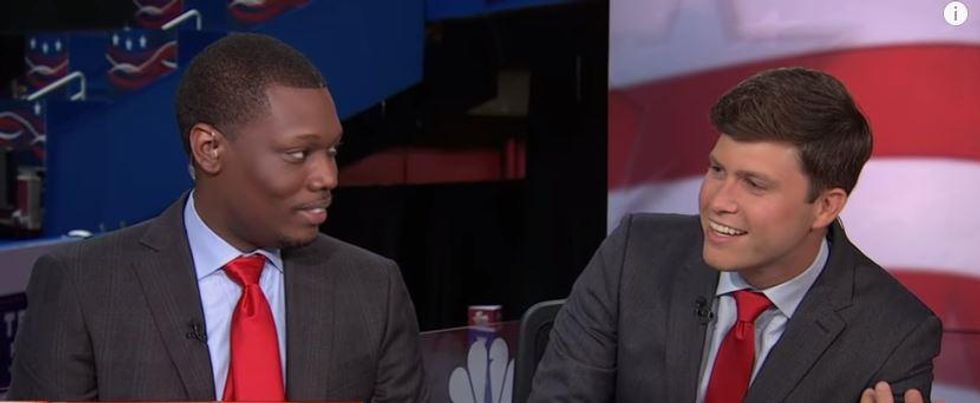
How cable gets around profanity laws
While the FCC does regulate the airwaves, it does not regulate cable or subscription services. As such any censorship is done by each channel's 'Standards and Practises' department in order to appease advertisers, but there is no law restricting them.
Channels such as HBO which have no advertisers to keep happy can swear as they please.
The period drama Deadwood even upped the ante on the swearing in it featured. The series replaced the contemporary 19th century cursing with modern ones.
This was done to avoid phrases such as 'darn tooting', and make sure the by now soft language didn't detract from the gritty drama.
Due to this handy distinction betwen airwaves and cable, and the First Amendent, HBO can show viewers a programme that includes Love-Joy saying the word 'c**t' without fear of fine, bleeping, or prison.
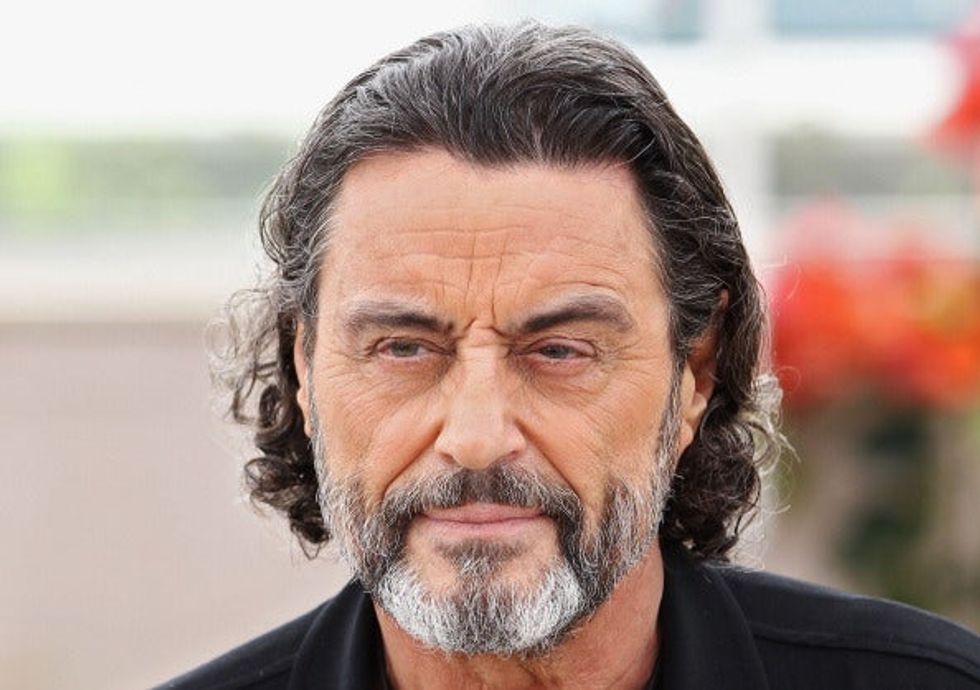
The Seven Dirty Words
The comedian George Carlin had a now infamous routine about the 'seven dirty words'.
The list has since become the touchstone for constructing lists of words which must never feature on American network TV.
The original seven words are:
- Shit
- Piss
- Fuck
- Cunt
- Cocksucker
- Motherfucker
- Tits
Carlin explained in an interview about the seven words that these were terms with no redeeming, second meaning, no saving grace. They were only profanities, and had no other meaning.
Carlin was arrested after deconstructing the meanings of these seven words in a comedy routine that was broadcast in 1972. The case was dismissed when a court ruled Carlin had been 'indcent' but not 'obscene'.
However in 1978 the segment was broadcast on New York radio during the day time and the FCC officially reprimanded the Pacifica Foundation network. The US Supreme Court upheld the FCC ruling, and in doing so created the 'safe harbour' laws which the FCC enforce today.
More: Every British swear word has been officially ranked in order of offensiveness
More: Donald Trump's porn smear has taken on another hilarious twist










